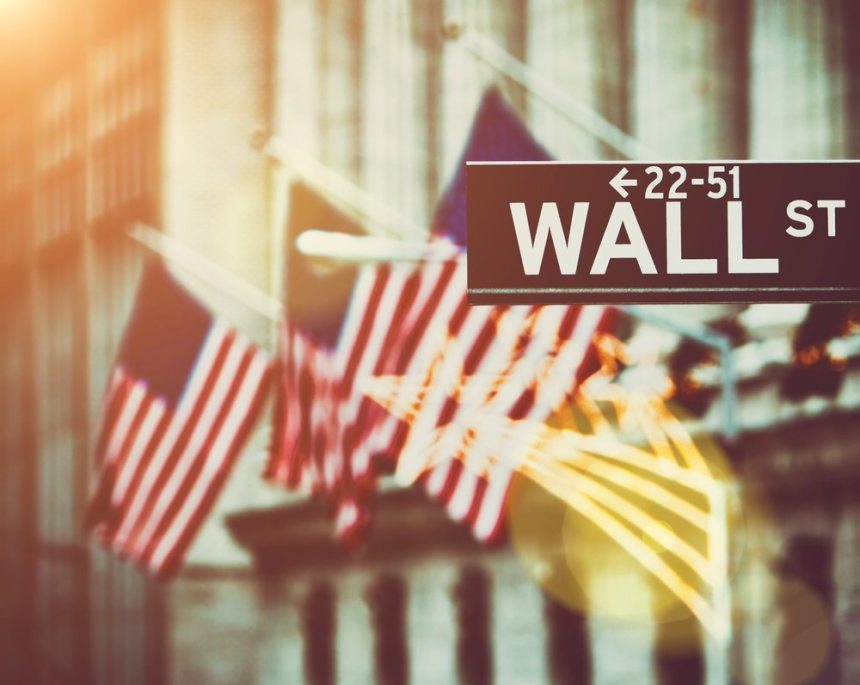Mainstream capital markets have introduced bitcoin futures trading in December 2017, which triggered a run towards the $20,000 highs. That may have been just the beginning as investment bankers in Wall Street announce cryptocurrency trading desks.
Wall Street to Domesticate Cryptocurrencies, Says Analyst
Barclays Plc, one of the largest banks in the UK, has recently announced it is adhering to cryptocurrency trading in response to demand from customers. The move follows Goldman Sachs’ lead while many within the financial services industry are still figuring out their position on cryptocurrency as a trading instrument.
The goal of trading desks at banks is to fulfill customers’ needs and wishes, even if that means trading cryptocurrencies, as long as they are able to comply to the corresponding regulation. Otherwise, banks will essentially fall out of the ‘financial system’. It is the job of a bank to trade whatever customers want to, and this new tradeable thing automatically becomes a financial instrument.
Banks are able to pick the ‘instrument’ and provide a number of financial services, including lending, broking (connecting buyers and sellers), market-making (buying or selling directly from or to customers for the bank’s own account), custody (holding for safekeeping and regulatory purposes), derivatives (taking complex bets from customers), and research.
Once there is a critical mass of client expectation that a kind of stuff is financial stuff, then the banks had better start providing those services for it, according to Bloomberg View columnist Matt Levine, a former investment banker at Goldman Sachs. Demand for such services has skyrocketed as hedge funds that deal with cryptocurrencies look for banks to handle the trades, similarly to prime brokers, and serve as custodians of the assets. The buy-side is struggling to expand into crypto because they are not allowed to use unregulated exchanges for such services.
Ever since Bitcoin futures contracts emerged, which allows exposure to the price without owning cryptocurrencies, money managers have been able to enter the market with more ease. Levine believes banks may eventually domesticate cryptocurrency if there is enough demand from clients.
“Cryptocurrency true believers, who thought that crypto would usher in the end of the traditional incumbent financial system and the beginning of a new more democratic form of money, may be disappointed if cryptocurrency trading ends up being dominated by the likes of Barclays and Goldman Sachs”, said Matt Levine.
The future is not written in stone and cryptocurrencies’ role in it is still undefined. Whether digital currencies will break central banks and private banks power over the money supply is something that remains to be seen, but the cryptocurrency market cap is now worth about $330 billion.
Image from Shutterstock.
























It’s already happening now, they already dominate the crypto market. Look at BTC, almost impossible to trade this market for 3 weeks now. Whales are rising and lowering the market when they wish that even traditional technical analysis that shows BTC going bear but the whales at any moment decide to wreck the shorts.